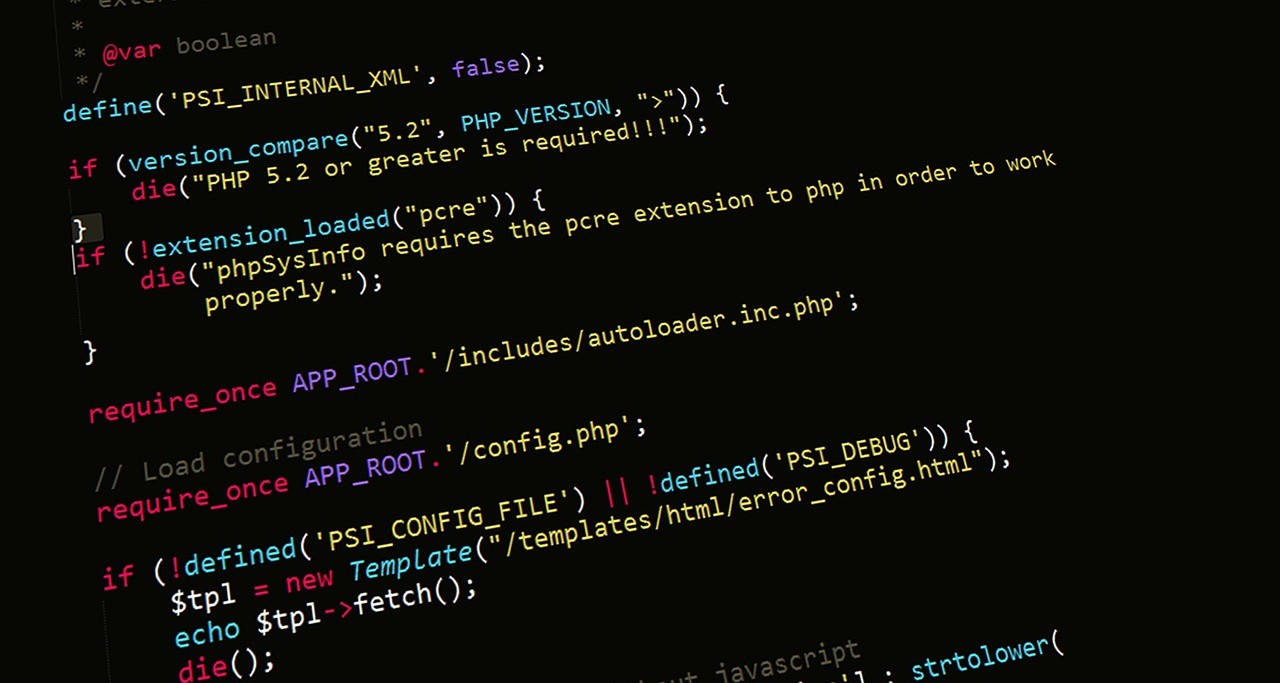English will follow
Deux chercheurs à la chaire UNESCO en développement de curriculum, Patrick Charland (membre du CEAP) et Hugo G. Lapierre, ont tout récemment publié un article sur The Conversation qui explore l'intégration de la programmation informatique dans les écoles. Lapierre et Charland communiquent leurs réflexions sur le sujet dans un article du 3 octobre intitulé « Why elementary and high school students should learn computer programming ».
L'article est axé sur la récente décision de la province de l'Ontario, qui vise à modifier le curriculum primaire et secondaire afin de rendre obligatoire les cours en programmation d'informatique. Ils suivent maintenant la Nouvelle-Écosse et la Colombie-Britannique dans ce mandat.
Lapierre et Charland soulignent trois points de recherche importante qui indiquent pourquoi ce changement de curriculum est nécessaire. D'une part, le marché du travail est en pleine croissance dans le domaine de la technologie. Le secteur va continuer à connaître une augmentation de demande pour des travailleurs compétents en programmation informatique. Également, l'accès tôt à une éducation en programmation informatique peut favoriser une plus grande équité sociale, permettant aux groupes marginalisés d'accéder à des emplois bien rémunérés. Enfin, la programmation informatique permet de développer des compétences cognitives telles que la pensée computationnelle, ce qui implique beaucoup de compétences transférables.
Vous pouvez lire l'article complet ici
—
CSLP Member Patrick Charland and Hugo G. Lapierre, both researchers at the UNESCO Chair in Curriculum Development, recently published an article on The Conversation exploring the integration of computer programming in schools. Lapierre and Charland share their thoughts on the subject in an Oct. 3 article titled “Why elementary and high school students should learn computer programming”.
The article centers around Ontario’s recent decision to amend their elementary school curriculum to make lessons on computer programming mandatory. It is the most recent province to do so, following in the footsteps of Novia Scotia and British Columbia.
Lapierre and Charland highlight three points of current research that suggest why this change in curriculum is important. For one, the growing job market in technology will continue to see a rising demand for technologically adept workers such as computer programmers. Early access to education on computer programming can also promote greater social equity, by providing marginalized groups with access to high paying jobs. Finally, computer programming can develop cognitive skills like computational thinking, which involves several transferable skills.


